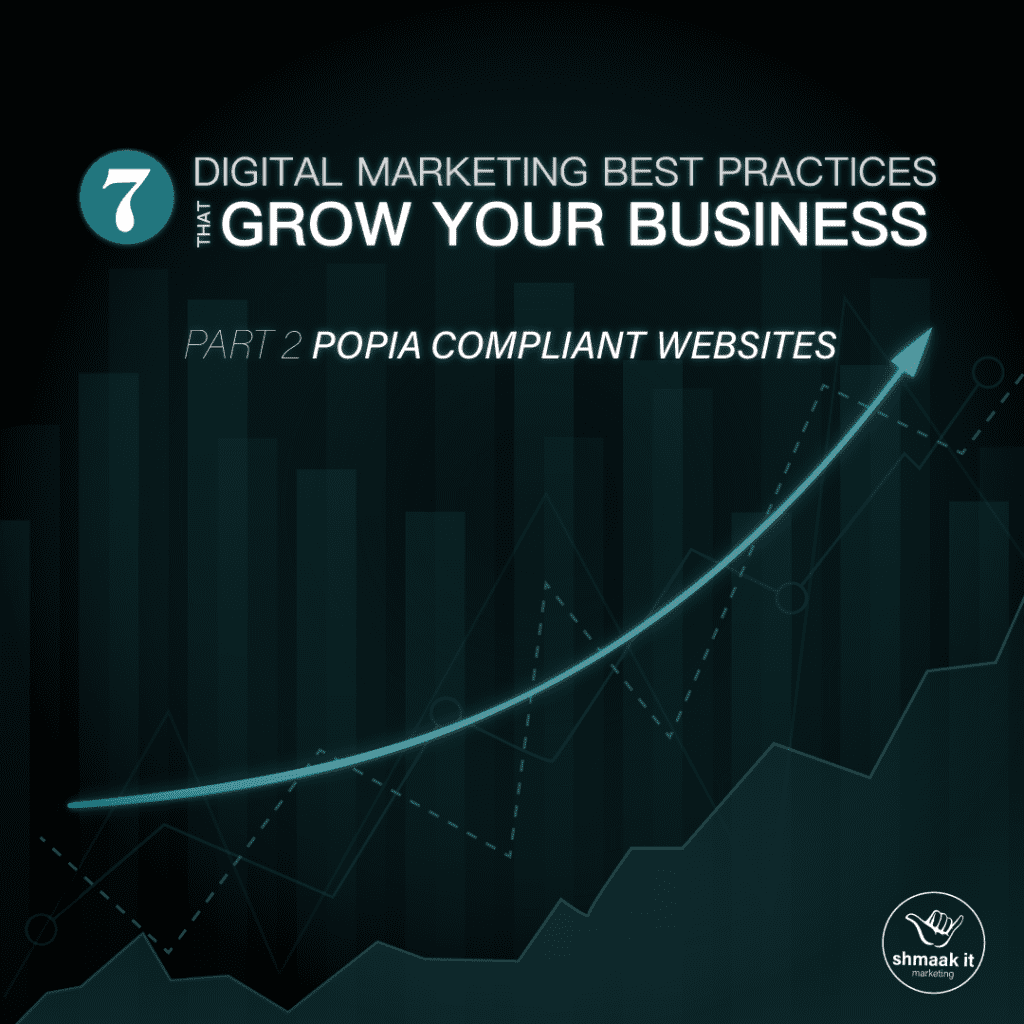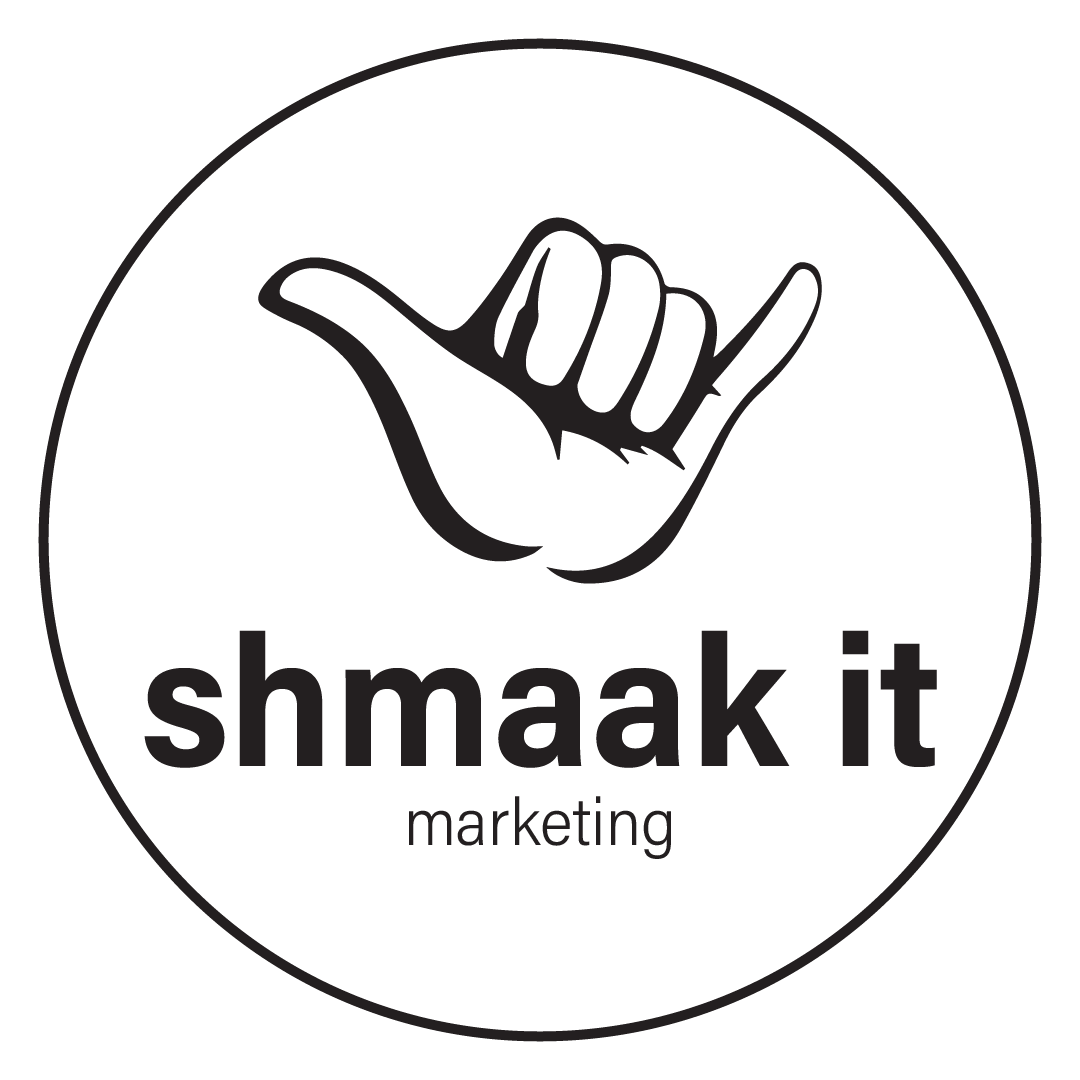7 Digital Marketing Practices that Grow Your Business | Part 2: POPIA Compliant Website

Let’s talk about websites. Specifically, the POPIA Act and how our websites require more legal attention now than ever before. With South Africa’s POPIA Act, it’s vital to have all our ducks in a row before launching any website.
Of course a website’s UI (user Interface), UX (user Experience) design, look and feel of a website are all important, but that’s something we know already. What many of us don’t realise that the legal aspects of website need to be implemented as this is stricter than ever before.
What is the POPIA Act?
The Protection of Personal Information Act is a piece of legislation which governs the law of data protection and privacy in South Africa. Read more here: https://popia.co.za
Why the POPIA Act?
People have the right to privacy, and this extends on your website. Internet users have the right to know exactly what information is being collected from them and if there is data being collected, what will be done with that data. No one wants their data to be given to an establishment who will spam you or resell your data for a profit, so having a POPIA Act in place is the best way to inform your website users about how you’re going to or are using their data.
We know this is a lot, but don’t freak out… we’re here to help! Let’s look at what you should be doing in order to achieve a POPIA compliant website.
- Privacy Policy: A privacy policy is a document link at the bottom of every page on your website. This document explains how the website (and the organization who owns it) will collect, protect, and utilise the information users share. Please note that a Terms of Use should also be included in your privacy policy.
2. Cookie Policy: Cookies are little bits of your information a website collects for behaviour tracking. This policy explains what cookies are being tracked.
3. Cookie Pop Up: This one is important! A cookie Pop Up is a user’s physical acceptance of how a website can track their behaviour. Not having a cookie pop up to give users the option of they want to be tracked can actually get you into a lot of trouble legally.
4. PAIA Manual: This document explains how users can access the information you collect about them.
These legal documents should be drawn up with extra care and high attentiveness and it’s probably intimidating for first time small business owners to implement this. Well, we’re ready to help… give us a call and we can chat about how to get your website POPIA Compliant.
Now, let’s see how this helps grow small businesses: What do people look for when buying from or hiring someone? Well, that’s easy… trust and reliability. Let’s say you promise a consumer that their information will never be sold to a third party, like a name, a phone number, or an identification number. Then, when the consumer looks again, they’re receiving spam calls they did not agreed upon from a random company that doesn’t hold any value to them. The consumer’s trust for that initial company who sold the information goes right out the window and everyone knows, business owner or not, that once that happens there’s no coming back from it. Gain trust and reliability by stating what you’re doing upfront and then sticking to it!

